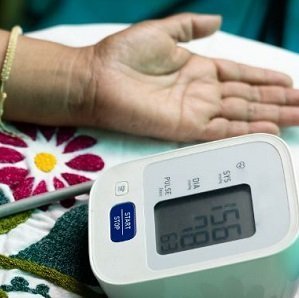A new study suggests that lowering systolic blood pressure below 120 mmHg may help reduce the risk of dementia, particularly among Black and Latino populations who disproportionately experience both hypertension and dementia.
Researchers from Boston University School of Public Health analyzed data from nearly 7,000 adults over 19 years, finding that middle-aged adults who lowered their systolic blood pressure through medication or other interventions saw a modest reduction in dementia risk later in life. The effect was most pronounced in Black and Latino participants.
“Despite the increase in hypertension rates, minoritized groups are less likely to benefit from blood pressure reduction interventions, through health policies or access to medicine,” said Dr. Marcia Pescador Jimenez, lead author of the study.
The research highlights the human cost of health disparities, as only 1 in 4 adults with high blood pressure have it under control, with even lower rates among Black and Hispanic populations who face barriers to diagnosis and treatment.
During the study period, about half of participants required intervention to lower their systolic blood pressure below 140 mmHg, while 86% needed help to achieve levels under 120 mmHg.
The findings underscore the potential for blood pressure control to mitigate racial and ethnic disparities in dementia risk. Researchers hope the results will encourage policymakers and health practitioners to increase access to hypertension treatments for underserved populations.
“We hope that findings like these encourage policymakers and health practitioners to increase access to treatment for blood pressure control for these populations to reduce disparities in hypertension and, subsequently, in dementia rates,” Pescador Jimenez said.
See “Lowering Systolic Blood Pressure below 120 mmHg May Reduce Dementia Risk among Black, Latino Populations” (July 12, 2024)



